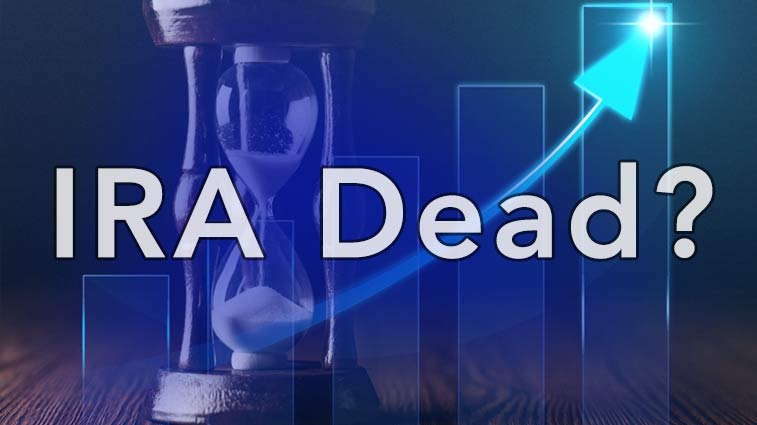Why is this important?
Controlling how much you pay in income tax, can make a substantial difference in your finances. Because of marginal income tax rates, not every dollar you earn is taxed the same. In fact, 44% of Americans pay zero tax, while the top 10% of earners in American are responsible for 70% of all the federal income tax revenue.
That is staggering! Talk about ‘fair share”. What is fair about nearly half of America not paying taxes yet having use of all the benefits in this great country? Paying attention to your taxable income cost will keep you from paying more than your fair share. Managing the consistency of your income tax costs will likely save you many thousands of dollars.
A significant way to save is by using all 10 years to cleanse the tax costs from the tax deferred IRAs or with the Roth IRA. By doing this, you will let the account grow tax free for all 10 years before transitioning it to a Non-Qualified account.
The SECURE Act eliminates the stretch IRA and replaces it with a 10-year payout deadline for most beneficiaries.
The clients most affected are those with the largest IRAs who had planned on leaving the balance of those accounts to extend over the lives of their children and grandchildren. This especially includes any clients who named a trust as their IRA beneficiary. These trusts may not work well under the new rules. These estate plans need to be readdressed immediately.
The Rule
The SECURE Act ends the stretch IRA. All of those plans have to be reviewed and probably revised. Under the now “old rules” (before 2020), an individual designated beneficiary could extend post-death “stretch IRA” required minimum distributions over his lifetime. A young grandchild might have a 70-year payout period.
But Not Anymore
1- Are the current stretch IRAs for those who died before 2020 still good?
Yes, they are grandfathered.
2- Does this kill stretch IRAs for all beneficiaries?
No. The law carves out exemptions for certain beneficiaries now called eligible designated beneficiaries, or EDBs. Eligible designated beneficiaries are:
- Surviving spouses.
- Minor children, up to majority – but not grandchildren.
- Disabled individuals – under the strict IRS rules.
- Chronically ill individuals.
- Individuals not more than 10 years younger than the IRA owner (generally, siblings around the same age).
3- Do grandchildren qualify as minors for the EDB exemption?
No. The law is clear on this. The EDB exemption from the 10-year rule is only for the child of the IRA owner or the plan participant.
4- How do the RMDs work under the 10-year rule? Are there RMDs during the 10 years?
No. Under the 10-year rule, there are no annual specified Required Minimum Distributions (RMDs) during the 10 years. Instead, the entire IRA balance must be emptied by the end of the 10 years. Beneficiaries can withdraw any amounts they wish over the 10 years, so beneficiaries do have some planning flexibility during the 10 years to withdraw funds when it best fits their tax situation during that time.
5- Do Roth IRAs still qualify for the stretch?
No. This is an unfortunate big deal for tax and estate planning. Until a few weeks ago, all money in a Roth IRA was able to grow tax-free for the lifetime of the saver AND the lifetime of each beneficiary of the Roth. Now, inherited Roth IRAs are subject to the same 10-year payout rule (except that the distributions will generally be tax-free). Savers will want to consider doing more Roth conversions to eliminate what could be a big tax bill within 10 years after death. And beneficiaries of the Roth, should leave as much of the money in the account as possible. This will allow the funds to grow tax free for the next 10 years after the death of the original owner.
Sources –









